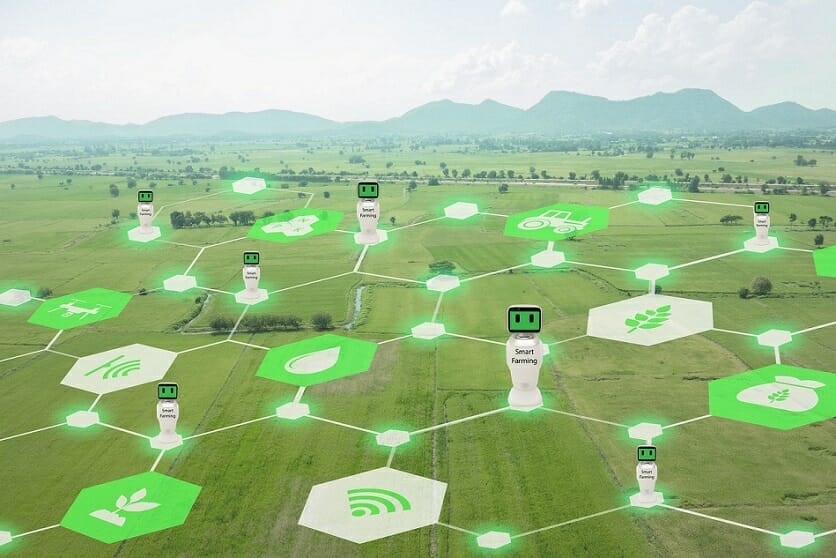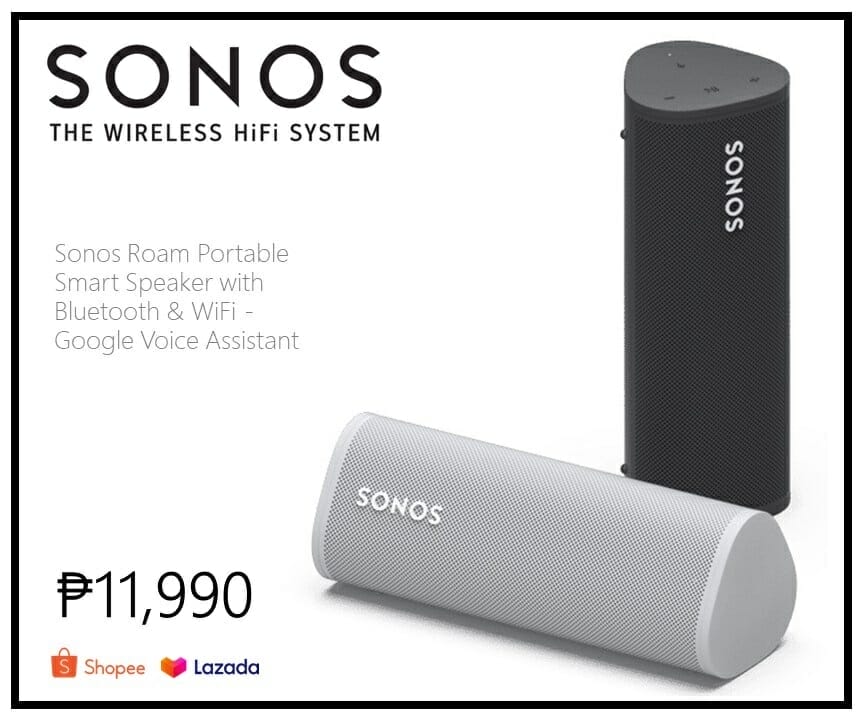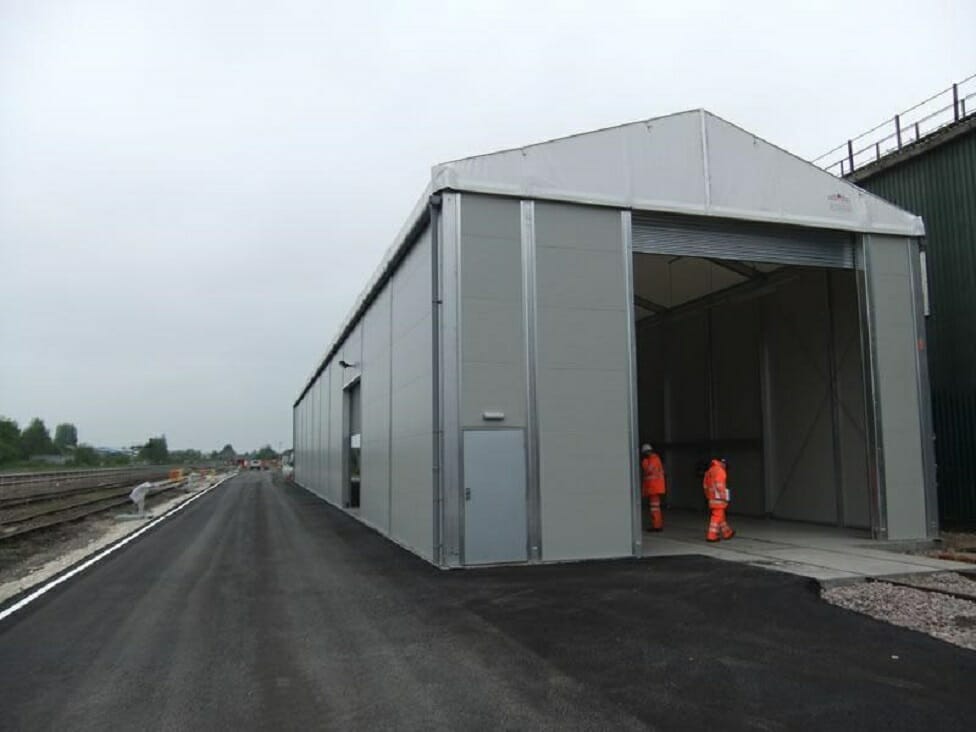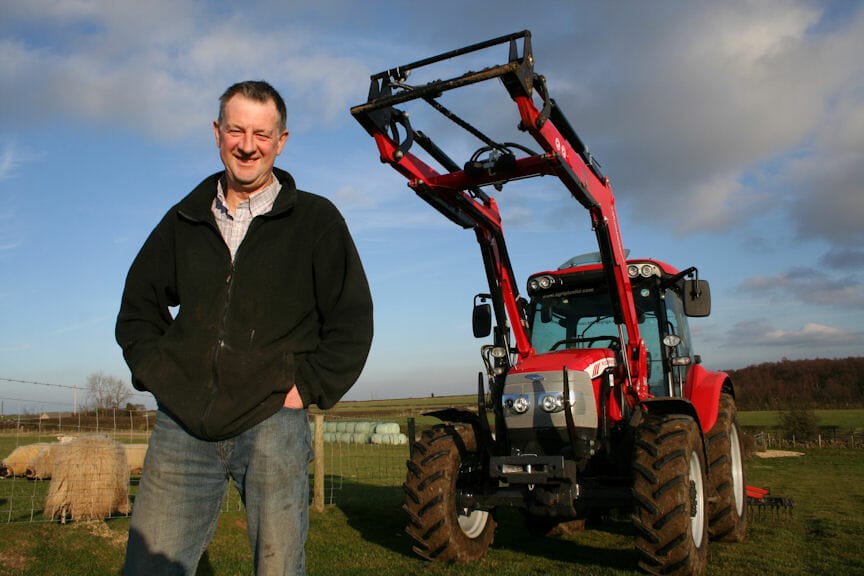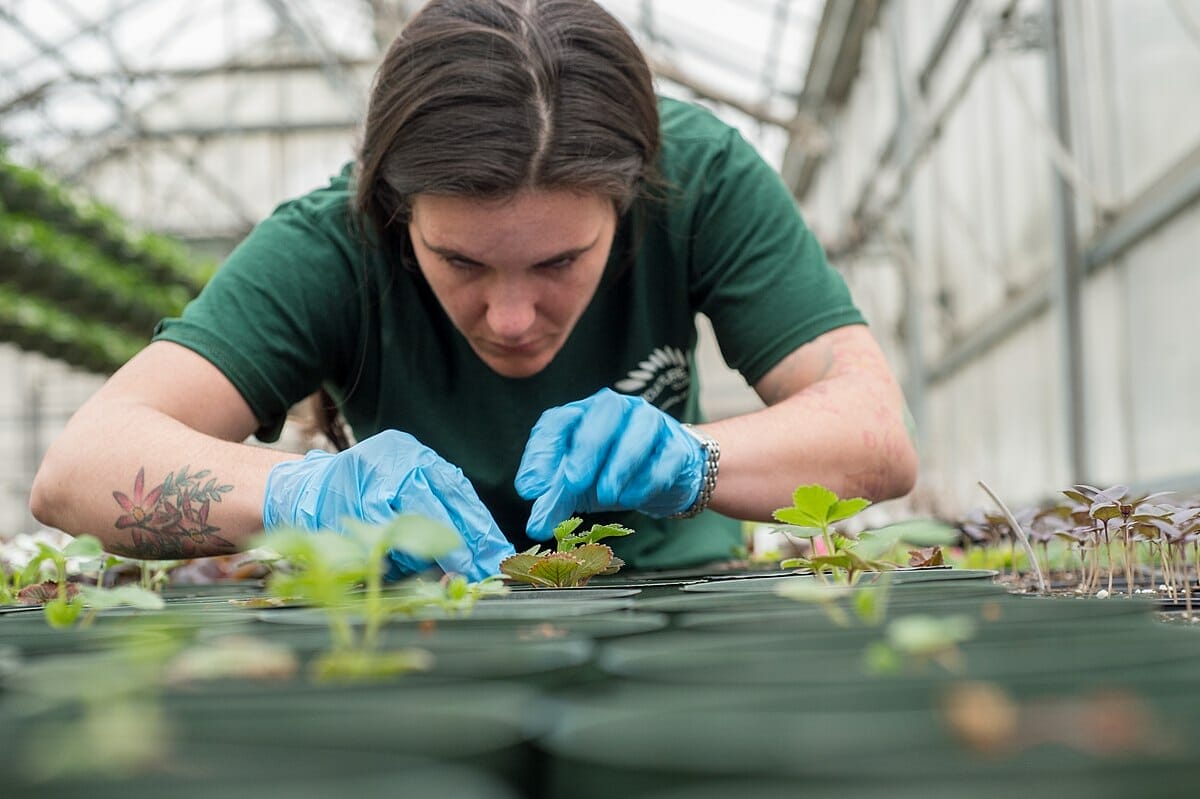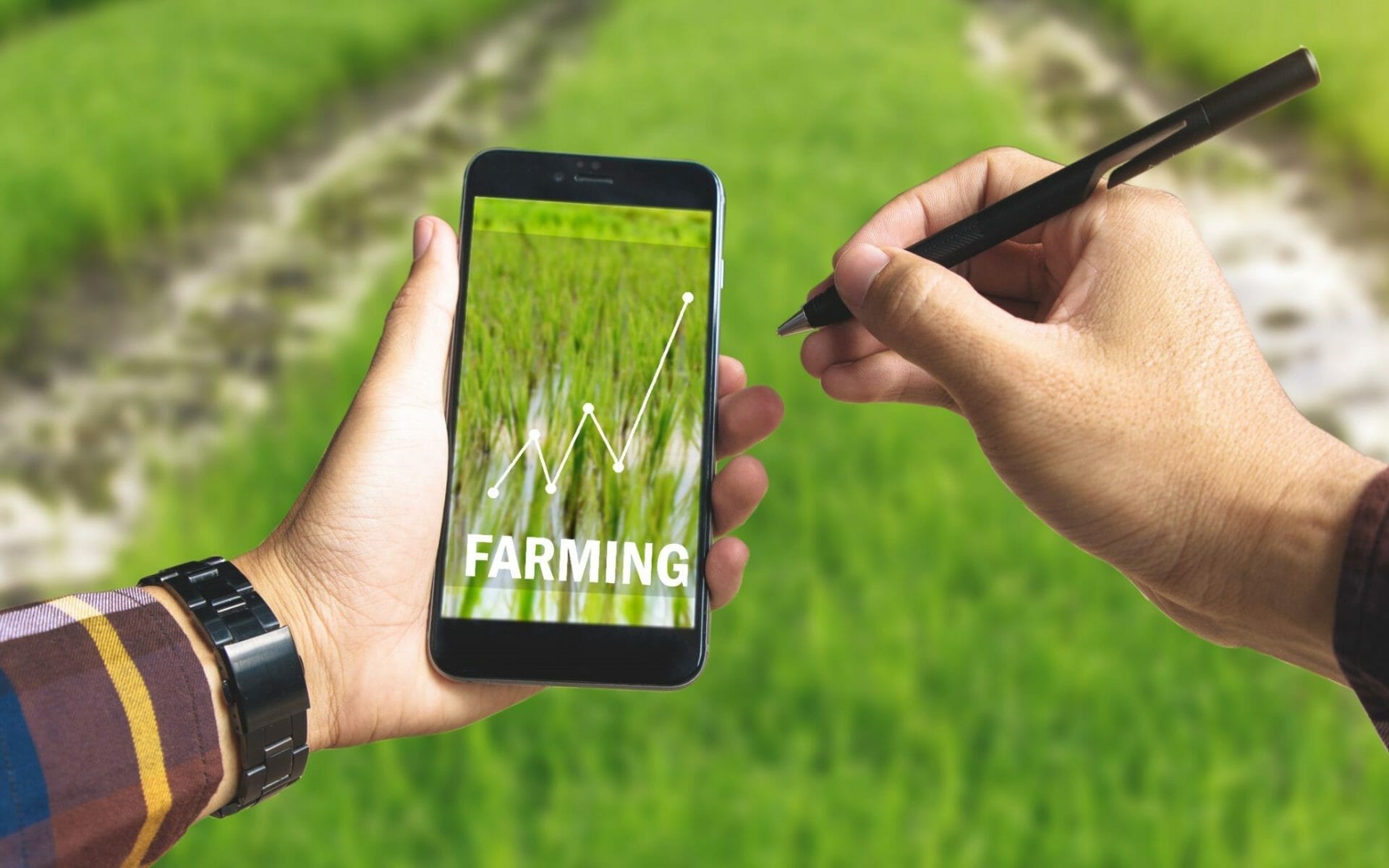Ways IoT Can Enhance Agriculture
IoT could be set to have the largest impact on the agricultural industry. They have systems that can track everything from fertilizer quality to livestock function to crop productivity, all the way up to the number of trips the farm vehicles are taking. This enables farmers and those responsible for growing to decrease waste and increase their overall revenue potential.
IoT agriculture applications will give the farmers the tools they need to increase their volume to meet the growing challenges of the population increases they face. The more the demand for food rises, farmers must meet those needs more effectively, and IoT smart farming is highly efficient in assisting with this as opposed to the more traditional methods.

How Emerging Smart Technologies Will Revolutionize Agriculture
A system can be built with the Internet of Things that will monitor crops with sensors for humidity, light, and temperature as well as moisture control in the soil or irrigation automation. IoT agriculture applications will allow the farmer to conserve their use of water in addition to optimizing the way treatments are applied to crops. The farmers will also be able to do the monitoring of their fields from any location. Smart farming IoT-based major apps include:

- Agriculture has become a major industry to use drones, which is a good example of how technology has evolved. There are both ground and aerial drones, which are used for irrigation, crop health assessing, crop monitoring, planting, spraying, as well as field/soil analysis. Drones benefit farmers due to the fact they are user-friendly, save time, have the potential for yield increases, provide crop health imaging, and integrated GIS maps. The farmers are able to monitor anything from plant counting/yield predictions to the health of the plant, the height measurement, chlorophyll measurement, weed pressure mapping, and so much more.
- Data concerning livestock well-being, health, and location for larger farm owners can be obtained using wireless IoT apps. This aids them in recognizing animals that have become sick in order to keep them apart from the herd to prevent disease spreading and decrease costs for labor in locating cattle with the sensors.
- Precision farming is among the more famous of the IoT agriculture applications. It gives the farming experience more accuracy and control with livestock monitoring, field observation, automobile tracking, and inventory monitoring. Analyzing data collected by sensors is precision farming’s goal in order to be able to react quickly to circumstances.
- Farming is affected greatly by the climate and not having an understanding of what the climate will be can decrease the quantity/quality of crop production. IoT gives the farmer the ability to have real-time weather conditions at their disposal. There are sensors placed within the agriculture fields and outside gathering environmental data to be used by the farmer as a tool to decide what crops will be right to grow and maintain in a particular climate providing them the opportunity for growth success.

With the modern technology of IoT agriculture applications and their traditional expertise, the farmers are able to meet and exceed production expectations needed for the ever-expanding population.


